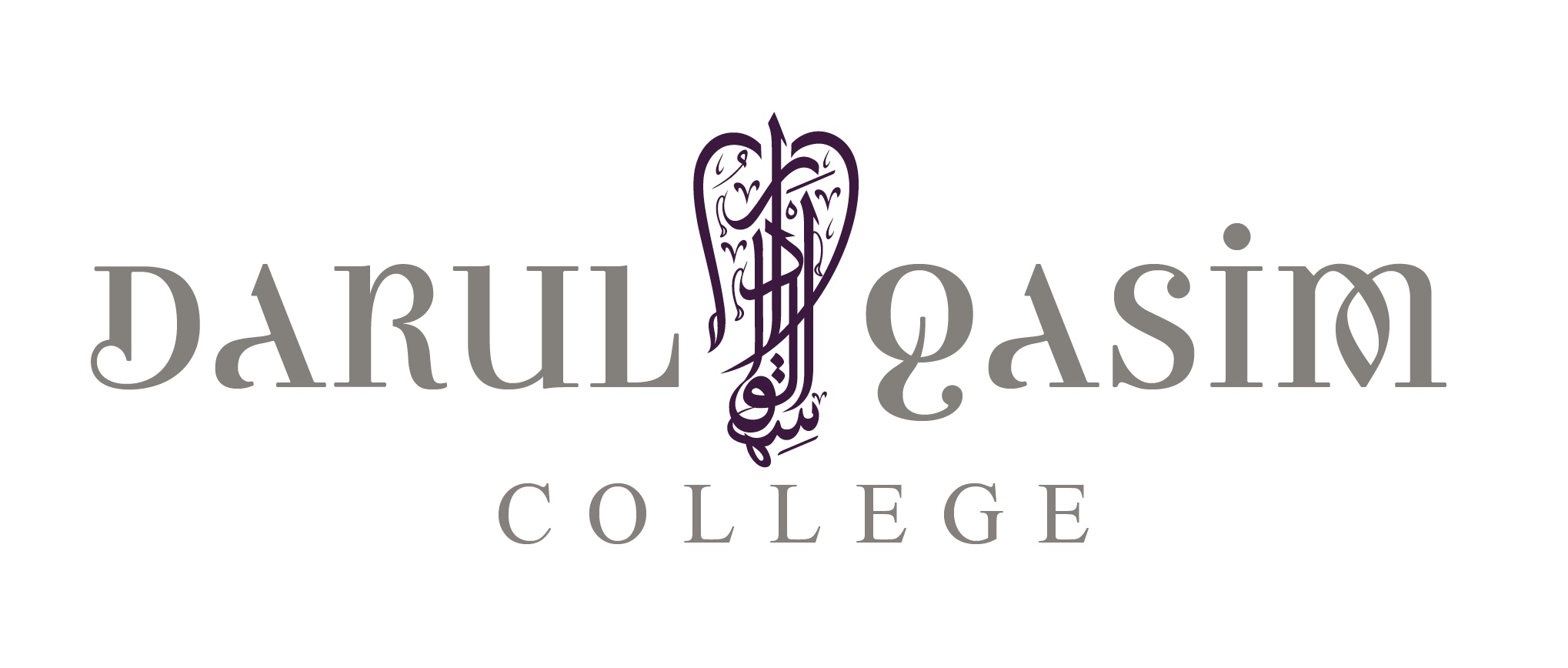The department of Islamic Law houses one of the most academically rigorous and intellectually advanced programs in the College: the Darul Iftāʾ program. Your tour guide for this part of the journey is department chair, Mufti Hisham Dawood. His role is to help you better understand this particular program’s scholarly training, the types of people that are being trained, the fatwā process, and the tremendous amount of academic research being done that is seldom seen and understood by the community.
The Iftāʾtrack is offered to those students who have completed the Advanced Program in Islamic Studies and understand all major topics of the subject and are able to conduct further research in the field.
The high level objectives and rigorous curriculum is coupled with a pedagogy that is rooted in nurturing the student and being practical about the student’s aptitude. The teacher-student relationship is at the heart of the college’s authentic and structured approach to studying the Islamic Sciences.
They are inculcated with a teaching philosophy that does not oversimplify but rather complicates what appears to be a simple clear cut approach to answering life’s questions through the lens of an Islamic understanding and ruling. These curricular and pedagogical approaches take us beyond what we may assume it means to engage with traditional texts, methodologies and a belief system that goes back more than 1400 years.
This academic engagement is not only key to the intellectual and academic training of students in advanced studies, but it is also an act of community engagement and service. Yet, this tremendous contribution and the amount of work that goes into this process remains invisible to most.
